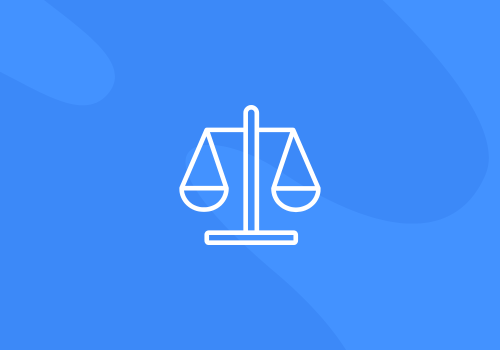Teenage substance use: addiction or experimentation?


Adolescence is a time when your child is exposed to new experiences. Alcohol, drugs, and gambling are no exception.
This phase of experimentation is related to decision making and sometimes even risk taking, which can be anxiety-provoking for parents as you juggle autonomy with setting limits. The majority of teenagers will use occasionally, especially during parties with friends. However, for some, substance use may be a more significant part of their lives, causing other negative impacts.
Physical signs of a substance use problem
Certain physical signs may indicate regular or problematic use.
Significant change in appetite
A marked loss of appetite or an exaggerated increase in appetite may be noticeable. In either case, remember that this should be a sudden and significant change.
Sleepiness or insomnia
Persistent fatigue may be a sign that something is wrong. This is not just a case of your teen being tired during exam week or a weekend away with friends. It's more about sleepiness during inappropriate times, such as during class, often caused by (very) short nights.
Signs of intoxication
There are also signs from hangovers, red eyes (from cannabis) and runny noses (from inhalants) that can happen from regular use. Unless your youngster is in love or it's allergy season, you should always keep an eye out for these signs. Not to mention the smell of alcohol, cannabis, chemicals, etc. which can also be a red flag.
Neglected hygiene
Your teenager refuses or neglects to take care of themselves leading to bad breath, bad body odor, dirty hair, etc.
Attitudes and behaviours related to a substance use problem
Although we trivialize certain behaviours as part of the so-called "teenage crisis," it is important to understand that substance use can lead to more worrisome behavioural problems.
Withdrawal from usual social activities
Is your teen suddenly isolating themselves, or spending most of their time with a new circle of friends that they refuse to introduce to you? Do you also notice an unexplained lack of involvement, a significant isolation, or a greater interest in night-time activities? All of these may be signs of a substance abuse problem.
Falling school grades
A significant decline in school grades and no motivation to get back on track are the most important signs to watch for.
Persistent unstable mood
In particular, excessive and unpredictable mood swings such as excessive anger or irritability are not to be overlooked.
Significant personality changes
The changes in personality would have to appear unusual at the very least. Some examples are: very secretive, anxiety, paranoia, withdrawal, irritability, agitation, lying, etc.
Adolescence is a time when your child will be exposed to new experiences. Alcohol, drugs, and gambling are no exception.
Do you notice one or more these signs in your child?
Unfortunately, there's no magic bullet for detecting whether your teenager has a drinking or substance use problem. If you are concerned, take the time to observe and determine if there may be another context that could better explain some of the difficulties mentioned. A single indicator or even several indicators do not necessarily mean that there is a substance use problem. The signs are mostly allies and clues that can lead you closer to identifying a possible substance use problem. So, allow yourself to examine the situation and seek help if necessary, you are not alone.
Some tips and resources
Remember, neither the forbidden nor the unspoken is the best route to take.
By providing a safe space for dialogue, you increase the chances that your child will talk to you.
At the same time, remember that your young person needs to be taught about responsibility as well as the consequences of certain choices. So set limits, but don't be discouraged or have zero tolerance. Next, show them that you trust them. If your teen makes a mistake, rather than reprimanding them, help them find solutions to prevent them from making the same mistake again. In this way, you show your child that they have the right to make mistakes and, above all, that they can count on you to be there for them.
Looking for more advice? Many resources are available to help you including:
Your Centre intégré de santé et de services sociaux (CISSS) or your Centre intégré universitaire de santé et de services sociaux (CIUSSS):
ligneparents.com / 1 800 361-5085
entraideparents.com / 418 684-0050
Drug (help and referral) at 1 800 265-2626
References (in French)
Gouvernement du Québec. (2018, mai). Fiche thématique sur la consommation de substances chez les adolescents. CIUSSS Capitale-nationale.
Gouvernement du Québec, 2022, Consommation d’alcool ou d’autres drogues ou pratique des jeux de hasard et d’argent : intervenir auprès de votre adolescent
Le médecin du Québec, 2007, La consommation de drogue par les adolescents : l’approche au cours de la consultation médicale
LigneParents, 2022, Adolescence : Alcool et autres drogues.








